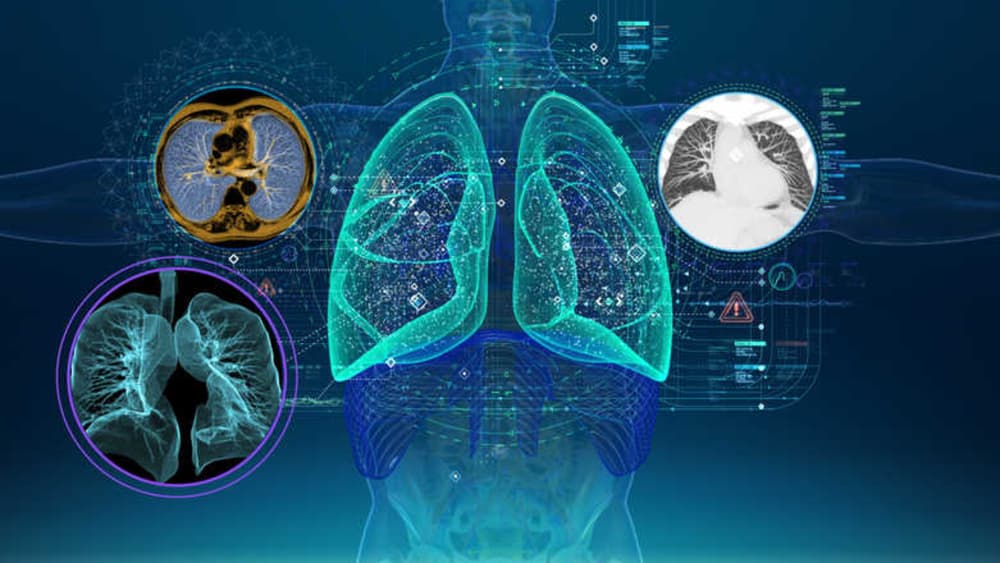Creating a virtual replica of your body (digital twin) to simulate treatment outcomes and drug responses—revolutionizing chronic disease management and surgical planning.
Digital Twins in Healthcare: A Virtual Revolution in Personalized Medicine
Written by Sumit Kaushik

Picture a virtual duplicate of your body—a computer simulation that knows your heart rate, blood glucose level, genetic predispositions, even your reactions to drugs. This is the world of digital twins for medicine, a science fiction-sounding term no more, but a rapidly developing reality.
Originally developed to mimic systems prior to implementing AI in the external universe in aerospace and automotive engineering, digital twins today are used in medicine to model the response to treatment, disease state, and surgery outcome—before they ever occur in your actual body.
What Is a Digital Twin in Healthcare?
A digital twin in health care is an interactive, data-based, virtual replica of a patient. It takes real-time data such as:
- Medical history & electronic health records (EHR)
- Genomic and microbiome data
- Data from wearable devices (heart rate, sleep, glucose)
- Lifestyle habits (diet, exercise, stress)
The model improves with practice over the years, learning and evolving from every scan, test, or session of health—providing a sandbox tailored to the individual in which to practice with medical cases without endangering the real person.
How Digital Twins Are Revolutionizing Healthcare
Personalized Simulation of Treatment: Doctors can mimic how your body would react to various drugs, dosages, or treatments before they write the prescriptions.
Example: A cancer patient's digital twin can simulate how they'd react to immunotherapy versus chemotherapy—enabling doctors to select the best treatment.
Precise Surgery & Planning: Surgeons can rehearse complicated surgeries virtually with your digital twin, minimizing complications, decreasing recovery time, and improving safety.
Organ digital twins may be used to visualize blood circulation, tissue health, and surgical complications in advance.
Management of Chronic Diseases: In the case of diseases such as diabetes, high blood pressure, or COPD, digital twins may be used to simulate changes in diet, medication, and disease progression, allowing patients and doctors to base their decisions on evidence.
Imagine adjusting your diet or meds virtually—and how it will impact your blood glucose level before doing so.
Drug Development & Clinical Trials: Population-scale digital twins are employed by drugs to try new medicines on virtual bodies, something that might cut R&D time in half and lower the risk of unsafe human trials.
Applications Already in Practice
Siemens Healthineers is building cardiovascular digital twins to assist in cardiac surgery.
Dassault Systèmes' "Living Heart Project" is developing 3D models of the human heart to simulate diagnosis and treatment.
Twin Health, a startup, created a metabolic digital twin to reverse Type 2 diabetes at the individual level.
Benefits of Healthcare Digital Twins
✔️ Safe Testing
✔️ Accelerated, Improved Diagnoses
✔️ Better Treatment Protocols
✔️ Healthcare Savings
✔️ Empowered Patient Decision-Making
Things to Keep in Mind
Data Privacy & Ethics: Whose digital twin is it, and how safe is it?
Interoperability: Merging elegantly several data sources (labs, wearables, hospitals) remains difficult.
Accessibility: Will this technology be accessible to everyone, or just the digitally privileged?
The Future Is Personalized—and Predictive
With medicine headed towards preventive and personalized medicine, digital twins will be at the forefront of the revolution.
By converting biology into digital, we're headed towards a time when medicine is no longer reactive but predictive—and personalized to you, not the average patient. "Your future doctor may prescribe you something after they've tried it—not on you—but on your virtual twin."
Final Thoughts
The advent of digital twins is a giant leap in the way we comprehend, monitor, and maximize human health. As a businessperson, doctor, or patient, the future is assured: healthcare doesn't begin in the hospital—it begins in the cloud.